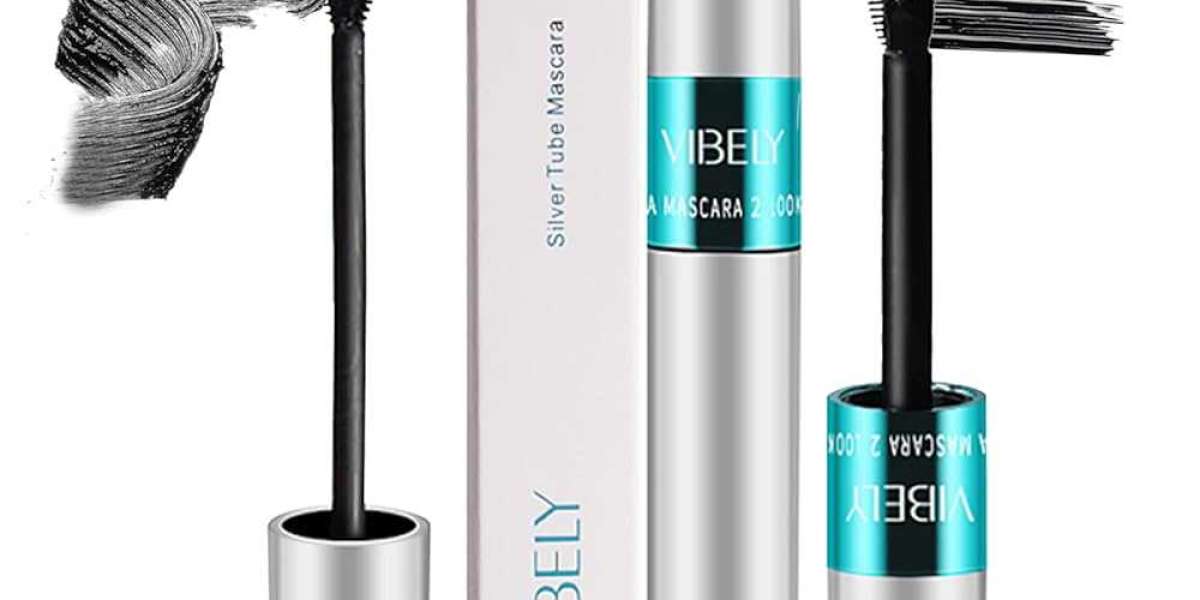Pursuing an MBBS in Russia has become one of the most strategic decisions for Indian students aspiring to study medicine abroad. Over the years, Russia has quietly built a reputation as a hub of medical excellence — blending strong academic standards, modern hospital infrastructure, and global recognition with affordability. Despite its long-standing presence in international medical education, many students still overlook Russia due to misconceptions or lack of awareness. In this article, we’ll uncover the real advantages that make Russian medical universities a hidden gem for Indian aspirants and explain why thousands of Indian students are now choosing Russia for their MBBS journey.
A Legacy of Medical Excellence
Russia has one of the oldest and most respected medical education systems in the world. Universities like Kazan Federal University, Sechenov University, Peoples’ Friendship University (RUDN), and Volgograd State Medical University have been training medical professionals for over a century. These institutions are listed in the World Directory of Medical Schools (WDOMS) and recognized by the National Medical Commission (NMC) of India, ensuring global acceptance of their degrees. Russian universities also attract students from over 150 countries, making their campuses vibrant, diverse, and internationally competitive.
The Russian MBBS curriculum follows international standards and integrates both academic learning and clinical training. Students gain hands-on experience in modern hospitals equipped with advanced technology, giving them exposure to real-world medical practice early in their course.
Affordability Without Compromise
One of the biggest misconceptions about MBBS abroad is that quality comes with a high price tag. However, in Russia, medical education is affordable and transparent. The average annual tuition fee ranges from ₹3 lakh to ₹6 lakh, and the total cost of completing MBBS (six years) typically falls between ₹20 lakh and ₹35 lakh, depending on the university and city. This cost includes tuition, hostel, and other administrative charges — a fraction of what Indian private medical colleges charge.
Living expenses in Russia are also moderate compared to Western countries. On average, a student spends around ₹15,000–₹25,000 per month, including accommodation, food, and transport. Moreover, many universities provide fully furnished hostels with heating, Wi-Fi, and Indian mess facilities, making daily life comfortable for international students.
Globally Recognized Degrees and Career Opportunities
Russian medical degrees are recognized globally by international medical bodies such as:
World Health Organization (WHO)
National Medical Commission (NMC), India
General Medical Council (GMC), UK
Educational Commission for Foreign Medical Graduates (ECFMG), USA
Graduates are eligible to appear for FMGE/NExT (India), USMLE (USA), PLAB (UK), AMC (Australia), and MCCQE (Canada), among other licensing exams. This opens global career pathways for students who wish to pursue post-graduation or medical practice internationally.
Russian medical universities also maintain partnerships with hospitals and research centers across Europe and Asia, giving students exposure to international internships, electives, and exchange programs.
English-Medium Instruction and Student Support
All major medical universities in Russia offer English-medium MBBS programs designed specifically for international students. This eliminates the language barrier in classroom learning. However, students are encouraged to learn basic Russian to communicate effectively with local patients during clinical rotations, which start in the third year.
To further support foreign students, most universities have international offices that handle visa assistance, documentation, orientation programs, and even mentorship systems. Some institutions also offer preparatory language or foundation courses that help students adapt smoothly to academic and cultural life.
Advanced Infrastructure and Clinical Exposure
Medical universities in Russia are known for their state-of-the-art laboratories, research centers, and teaching hospitals. Students train in multi-specialty hospitals that handle thousands of patients daily, giving them exposure to a variety of medical conditions — from general medicine and surgery to specialized fields like neurology, oncology, and cardiology.
Clinical training is integrated throughout the course, not limited to the final years. Students gain practical exposure in simulated labs and then gradually move into real hospital settings under faculty supervision. This structured approach ensures that graduates are both academically strong and clinically confident by the end of their studies.
Eligibility and Admission Process for Indian Students
To apply for MBBS in Russia, Indian students must meet the following eligibility criteria:
Must have passed 10+2 (PCB) with at least 50% aggregate marks (40% for SC/ST/OBC).
Must have qualified the NEET exam.
Must be 17 years of age by December 31st of the admission year.
The admission process is simple and transparent:
Apply online through the university’s admission portal or authorized representative.
Submit required documents, including academic transcripts, NEET scorecard, passport, and photographs.
Receive an official invitation letter from the university.
Apply for a student visa through the Russian Embassy.
Travel to Russia and complete enrollment.
The entire process usually takes between 30 and 45 days, and most universities have September or February intakes each year.
Life and Safety in Russia
Russia is one of the safest countries for international students, with a strong government-regulated education and residence system. Campuses are secure, and most hostels have 24/7 security, CCTV, and biometric entry systems. The country has a rich cultural heritage and offers a welcoming atmosphere for Indian students.
Indian communities and student associations are active in major cities like Moscow, Kazan, St. Petersburg, and Volgograd. They help newcomers adjust to the environment, organize cultural festivals like Diwali and Holi, and even assist during emergencies. Additionally, Indian food is widely available through university messes or local Indian restaurants.
Comparison: MBBS in Russia vs MBBS in India
| Feature | MBBS in Russia | MBBS in India (Private) |
|---|---|---|
| Course Duration | 6 Years | 5.5 Years |
| Total Cost | ₹20–35 Lakhs | ₹70 Lakhs–₹1.2 Crore |
| Medium of Instruction | English | English |
| Entrance Exam | NEET (No extra entrance test) | NEET (High cutoff) |
| Global Recognition | WHO, WDOMS, NMC, GMC, ECFMG | NMC |
| Clinical Exposure | High, from 3rd year | Limited in early years |
| Internship | Integrated (in Russia) | Final year + internship in India |
| FMGE/NExT Coaching | Offered by many universities | Not applicable |
This comparison shows how Russia balances affordability with international recognition, giving Indian students an edge in clinical exposure and global mobility.
Post-Graduation and Licensing Pathways
After completing MBBS, students can either:
Return to India and appear for FMGE/NExT to practice.
Pursue postgraduate studies abroad (MD/MS) in countries like the USA, UK, Germany, or Australia.
Continue postgraduate specialization in Russia itself, which is recognized in several European and Asian countries.
Students who aim for India’s NExT or FMGE can begin preparation during their course, as many universities now include Indian-pattern modules and mock exams within their curriculum.
Challenges to Be Aware Of
While studying MBBS in Russia offers immense benefits, students should also be aware of:
The need to learn basic Russian for hospital interactions.
Climate adaptation, as winters can be quite cold (temperatures below -10°C in some regions).
The importance of choosing a recognized and reputed university to ensure smooth licensing.
With proper preparation, these challenges can be easily overcome, and the overall experience becomes highly rewarding.
Final Thoughts
Russian medical universities truly are a hidden gem for Indian aspirants who want quality education without financial strain. The country’s emphasis on research, hands-on medical training, and global recognition has positioned it as one of the best destinations for MBBS abroad. From modern classrooms and well-equipped hospitals to affordable fees and international exposure, Russia combines all the factors that shape successful medical professionals.
If your goal is to study medicine with a globally valid degree and strong clinical foundation, Russia offers the right blend of opportunity, quality, and affordability. By pursuing an MBBS in Russia, you’re not just earning a degree — you’re gaining the skills, confidence, and global perspective to thrive as a doctor anywhere in the world.





